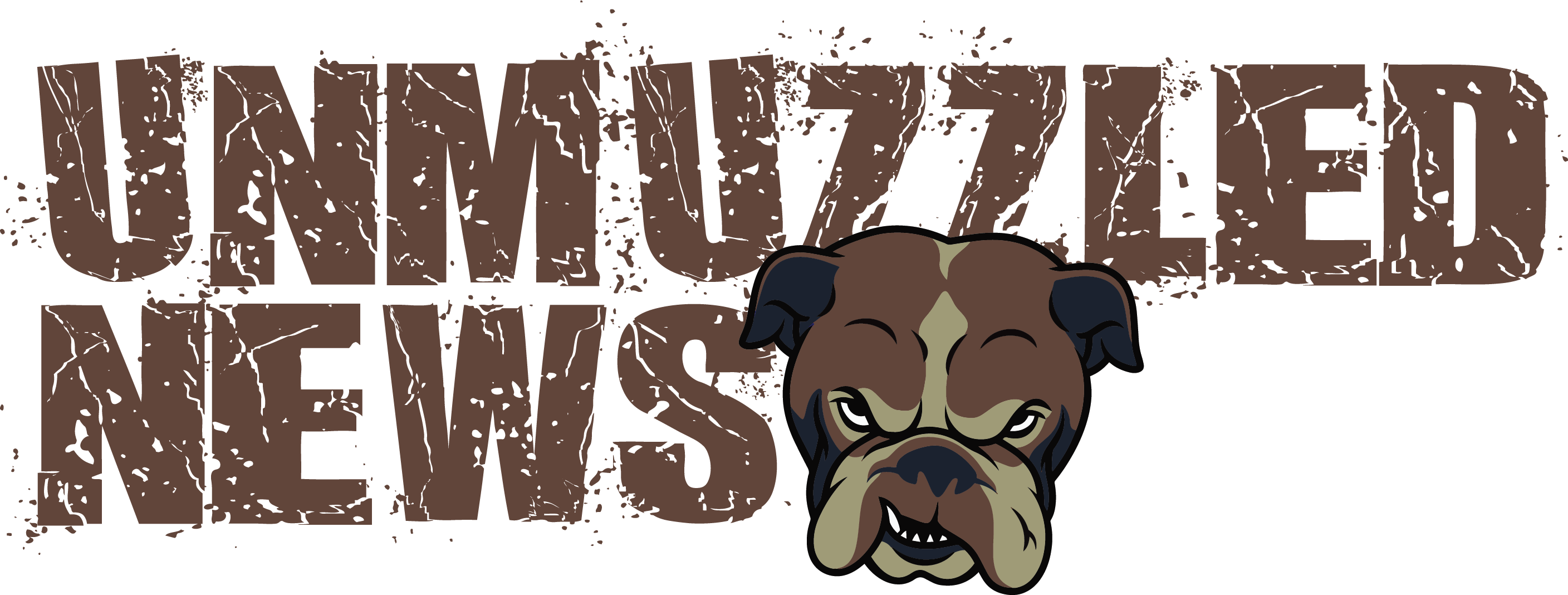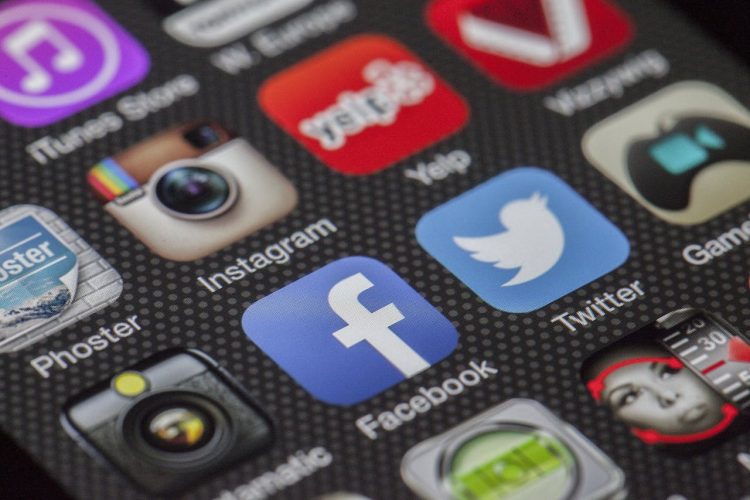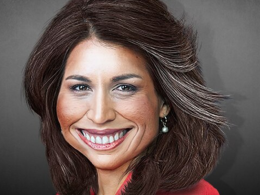Silicon Valley’s untouchable CEOs just learned they’re not above the law.
A judge in Los Angeles decided someone needs to answer for what’s happening to America’s kids.
And Mark Zuckerberg just got hit with one court order that has Big Tech in full panic mode.
Los Angeles Superior Court Judge Carolyn Kuhl just ended the game Big Tech has been playing for years. Mark Zuckerberg, Snap CEO Evan Spiegel, and Instagram boss Adam Mosseri will take the witness stand in January 2026 to answer one simple question: Did you deliberately design your platforms to addict children?¹
No more hiding behind lawyers. No more carefully crafted PR statements. These men will sit in a courtroom and explain under oath why teenagers are killing themselves after Instagram tells them they’re not pretty enough.
The tech giants tried everything to stop this. Meta claimed forcing Zuckerberg to testify would "interfere with business."² What business? The business of hooking 13-year-olds on dopamine hits from likes and comments?
Snap’s lawyers actually called the judge’s order an "abuse of discretion."³ That’s rich coming from a company whose app is ground zero for fentanyl dealers targeting high schoolers.
A judge who isn’t buying Silicon Valley’s excuses
Judge Kuhl shut down every excuse. "The testimony of a CEO is uniquely relevant, as that officer’s knowledge of harms, and failure to take available steps to avoid such harms could establish negligence or ratification of negligent conduct," she wrote.⁴
Let that sink in. These executives knew their platforms were harming kids. They had the power to stop it. And they chose not to because addiction drives profits.
The case consolidates over 350 personal injury lawsuits from parents whose children suffered eating disorders, attempted suicide, or succeeded in taking their own lives after social media convinced them they weren’t good enough.⁵ Another 250 lawsuits come from school districts watching entire generations of students unable to focus, unable to sleep, unable to function without checking their phones every three minutes.⁶
These aren’t abstract statistics. These are real families burying their children. Real teachers watching bright kids transform into anxious, depressed shadows of themselves.
Meta whistleblower Frances Haugen revealed in 2021 that Facebook knew Instagram made teenage girls feel worse about themselves – and did nothing because harmful content meant more users and more ad revenue.⁷ They could have fixed it. They chose profits over kids instead.
Now Zuckerberg will have to explain that decision under oath.
Here’s the part conservatives need to understand immediately
This case isn’t really about protecting children. That’s the Trojan horse.
Judge Kuhl already ruled that these platforms can’t hide behind Section 230 of the Communications Decency Act – the law that’s protected websites from liability for user content for decades.⁸ She said the immunity provision shouldn’t be stretched "beyond its plain meaning."⁹
Here’s why that matters. Section 230 protects platforms from lawsuits about what people say. But Kuhl ruled that suing over platform design – the algorithms, the recommendation systems, the notification tricks – doesn’t count as suing over content.¹⁰
Catch the sleight of hand? They’re not targeting speech. They’re targeting the code that spreads speech.
Recommendation algorithms decide what you see, when you see it, and how often. They determine which political voices get amplified and which ones disappear into the void. By calling those algorithms "negligent product design," courts can force platforms to rewrite them without ever mentioning the First Amendment.
It’s censorship without calling it censorship.
The blueprint for government control of online speech
Once courts establish that algorithms can be treated as dangerous products requiring government intervention, every bureaucrat with an agenda gets a new weapon. Don’t like "misinformation" about elections? Sue over the algorithm. Want to suppress "extremist" political content? Target the recommendation system. Need to silence dissent? Claim the design is harmful.
The California 3rd Circuit already opened this door in a TikTok case. A teenager died attempting the "blackout challenge" after TikTok’s algorithm fed it to her. Judge Patty Shwartz ruled that actively recommending content through algorithms isn’t the same as passively hosting it.¹¹
The Supreme Court agreed. "TikTok makes choices about the content recommended and promoted to specific users, and by doing so, is engaged in its own first-party speech," the Court ruled.¹²
Translation: Platforms aren’t neutral. Their algorithms make editorial choices. And editorial choices can be regulated.
That sounds reasonable when we’re talking about deadly challenges killing kids. But the same legal theory applies to political speech. If an algorithm promotes "dangerous misinformation" – meaning anything the government doesn’t like – that’s now actionable.
Government officials won’t ban conservative voices directly. They’ll just force platforms to adjust their algorithms for "user safety." And somehow, mysteriously, those safety adjustments will consistently bury right-wing content while elevating approved narratives.
Why this terrifies Silicon Valley more than anything
More than 600 lawsuits are consolidated under Judge Kuhl’s supervision in Los Angeles County.¹³ A parallel federal case involves 400+ more plaintiffs.¹⁴ During discovery, companies handed over six million documents and sat through 150 depositions.¹⁵
The companies tried to block plaintiffs’ expert witnesses – scientists who would testify that social media was deliberately designed to addict teenagers. The judge allowed virtually all of them.¹⁶
This isn’t going away. State attorneys general are piling on across the country. New Mexico sued Snap claiming its algorithm enables child sexual exploitation. New York and California led 14 states suing TikTok over youth mental health harms.¹⁷
Every lawsuit establishes more precedent. Every precedent creates more tools for government control.
The January trial will be the first domino. If plaintiffs win, every platform will face the same threat: change your algorithms the way we tell you, or face liability for every harm that happens on your site.
And who decides what counts as "harm"? Not you. Not the platforms. Government bureaucrats and activist judges.
What happens when the government controls the algorithm
Here’s the nightmare scenario conservatives need to prepare for. A Democratic administration declares "election misinformation" a public health crisis. Platforms get sued for amplifying "dangerous" political content through their algorithms. Courts rule algorithms must be adjusted to protect democracy.
Suddenly conservative news outlets get downranked. Right-wing commentators find their reach mysteriously dropping. Pro-Trump content gets flagged as "potentially misleading" before anyone can share it.
The First Amendment says the government can’t censor speech. But if the government just forces platforms to adjust their supposedly-neutral algorithms for user safety, they’re not censoring anything. They’re just regulating dangerous product design.
See how that works?
Meta’s response to Judge Kuhl’s order? Silence. The company declined to comment.¹⁸ Snap’s lawyers claimed the ruling "does not bear at all on the validity" of the allegations.¹⁹
They know what’s coming. They just can’t say it out loud. The era of Big Tech operating without accountability is over. But the era of government controlling online speech through the back door is just beginning.
Zuckerberg will take that witness stand in January. He’ll answer questions about teenage girls starving themselves because Instagram’s algorithm fed them nothing but perfect bodies. About kids buying fentanyl-laced pills from dealers who found them through Snapchat.
Those stories are real and heartbreaking. The parents bringing these lawsuits deserve answers and accountability.
But don’t lose sight of what else is being built here. The legal framework to let government regulators rewrite the algorithms that determine what 350 million Americans see online every single day.
That should scare you a hell of a lot more than Mark Zuckerberg’s excuses.
¹ CNBC, "Facebook founder Zuckerberg must take witness stand at social media safety trial, judge rules," October 21, 2025.
² Ibid.
³ Ibid.
⁴ Ibid.
⁵ Reclaim The Net, "Judge Orders Tech CEOs to Testify in Case Using Algorithmic Design Rules as a New Avenue for Indirect Online Censorship Pressure," October 22, 2025.
⁶ Ibid.
⁷ Cutter Law, "Section 230 and Other Laws Affecting Social Media," August 1, 2025.
⁸ Reclaim The Net, "Judge Orders Tech CEOs to Testify in Case Using Algorithmic Design Rules as a New Avenue for Indirect Online Censorship Pressure," October 22, 2025.
⁹ Ibid.
¹⁰ Ibid.
¹¹ Smart Media Biz Buzz, "Devastating TikTok Lawsuit May Have Killed Section 230," September 1, 2024.
¹² Ibid.
¹³ Reclaim The Net, "Judge Orders Tech CEOs to Testify in Case Using Algorithmic Design Rules as a New Avenue for Indirect Online Censorship Pressure," October 22, 2025.
¹⁴ Ibid.
¹⁵ Claims Journal, "’Massive Legal Siege’ Against Social Media Companies Looms," October 20, 2025.
¹⁶ Ibid.
¹⁷ TechTarget, "As lawsuits pile up, Section 230 shields digital platforms," 2025.
¹⁸ CNBC, "Facebook founder Zuckerberg must take witness stand at social media safety trial, judge rules," October 21, 2025.
¹⁹ Ibid.












